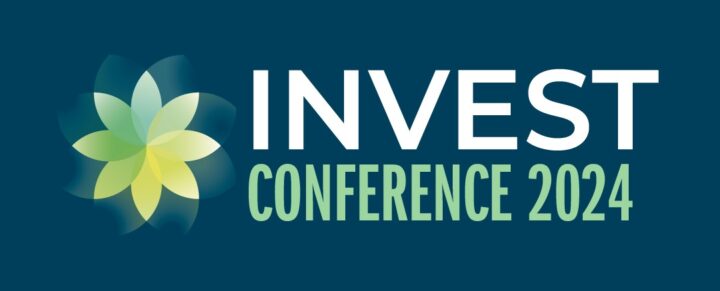INVEST conference programme published – the themes are digitalization, social inequality and behavioural change
The detailed programme for the INVEST Conference in May has been published. The keynote speakers are Vili Lehdonvirta, Professor of Economic Sociology and Digital Society, and Eva Serlachius, Adjunct Professor of Child and Adolescent Psychiatry. There will be more than 100 presentations in parallel sessions. Registration for the conference is open until the end of 30 April.
The Finnish Flagship Inequalities, Interventions, and New Welfare State (INVEST) is organizing an international conference open to all for the first time on May 15-17, 2024. The theme of the conference is Digitalization, social inequality and behavioural change.
The Keynote speaker of Thursdays programme is Professor of Economic Sociology and Digital Social Research Vili Lehdonvirta. He works at the Oxford Internet Institute, University of Oxford in England. Lehdonvirta leads a research group examining the politics and socio-economic implications of digital technologies. His current research examines the geopolitics of digital infrastructures.
The Keynote speaker of Fridays programme is Adjunct Professor of Child and Adolescent Psychiatry Eva Serlachius. She works at the Department of Clinical Neuroscience, at the medical university Karolinska Institutet in Sweden. Serlachius is a specialist in child and adolescent psychiatry. As a
researcher she has concentrated on making the diagnosis and treatment process for mental ill-health in children and adolescents more accessible through internet-delivered cognitive behavioural therapy (iCBT).
More than 100 presentations in parallel sessions
The conference will feature more than 100 presentations in 25 parallel sessions.
The themes of the first set of parallel sessions are Work and care arrangements; Equity, ethics and employment in digital technology; Migration and migrant population and Interventions.
The themes of the second set of parallel sessions are Parenting and child well-being; Social experiments I; Social inequalities and standard of living; Social welfare system and policy research and Inequality in learning.
The themes of the third set of parallel sessions are Open science; Digital interventions and mental health; Impacts of economic and educational contraction; Family background effects and Social aspects of digital technology.
The themes of the fourth set of parallel sessions are Family formation: antecedents and consequences; Register-based research in health; Social experiments II; Stress and health and Time use in digital technology.
The themes of the fifth set of parallel sessions are Cross-cultural research on mental health; Genetics; Peer relations; Covid-19 and wellbeing and Parental Leave and Work-Family Dynamics.
The presentations to each session are already available on the conference website.

